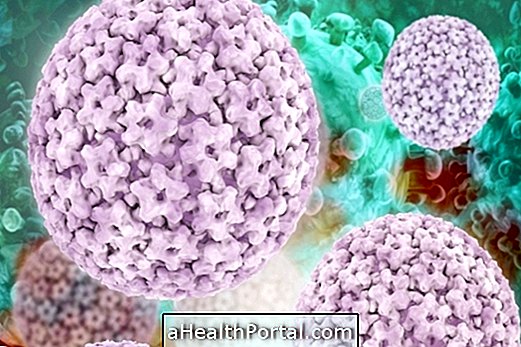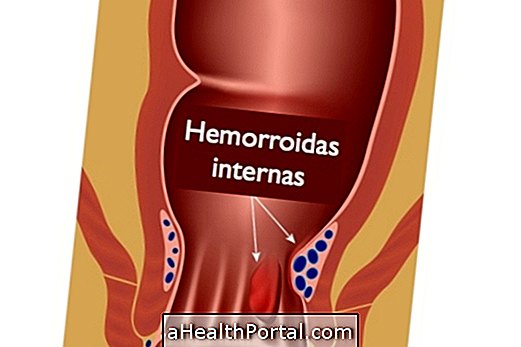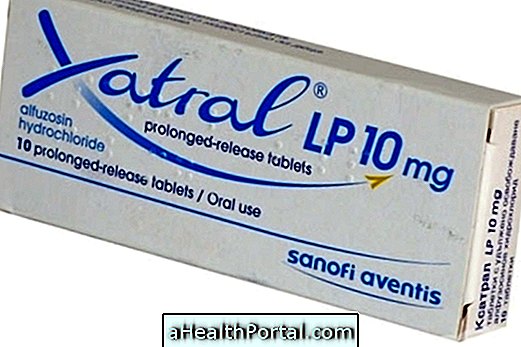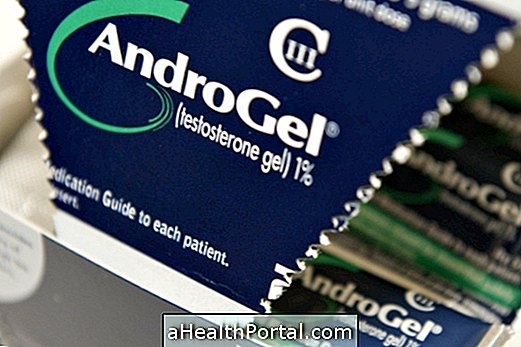Genital herpes usually gets caught on direct contact with blisters or ulcers with fluid on the genitals, thighs or anus, which cause pain, burning, discomfort and itching. Learn all the symptoms that this disease can cause in See how to identify the symptoms of Genital Herpes.
Herpes is a Sexually Transmitted Disease, and so in most cases it is transmitted through intimate contact. However, it may also happen to be transmitted through the mouth or hands, for example, that have been in direct contact with the wounds caused by the virus.
In addition, although rare, transmission of the herpes virus can also happen even when there are no symptoms of the disease such as blistering or itching, when there is intimate contact without a condom with a person who has the virus. If you have herpes or if your partner has genital herpes, you should talk to your doctor so that strategies can be defined to avoid passing the disease on to your partner.
How to know if I have genital herpes
The diagnosis of genital herpes is usually done by observing the blisters or wounds with liquid by the doctor, and the doctor can also perform a scraping of the wound to analyze the liquid in the laboratory, or may request a specific blood test that helps to detect the virus. Learn about herpes diagnosis in How to Identify Genital Herpes.
How to avoid getting genital herpes
Genital herpes is an STD that can be easily acquired, however there are some precautions that can avoid catching the disease like:
- Always use condoms on all intimate contacts;
- Avoid contact with fluids of the vagina or penis of persons carrying the virus;
- Avoid sexual contact if your partner has itching, redness or even liquid wounds on the genitals, thighs or anus;
- Avoid practicing oral sex, especially when the partner has symptoms of cold sores, such as redness or blisters around the mouth or nose, because although the herpes and genital herpes can be of different types, they can move from one region to another;
- Change towels and bedclothes daily and avoid sharing underwear or towels with a partner infected with the virus;
- Avoid sharing hygiene products such as soap or bath sponges when the partner has redness or liquid wounds in the region of the genitals, thighs or anus.
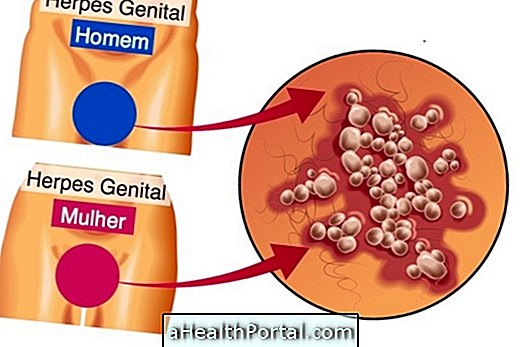
These measures help reduce the chances of catching the herpes virus, however they are not a guarantee that it will not contract the virus, as distractions and accidents can always happen. In addition, these same care should be used by people with genital herpes, to avoid passing the virus to others.
How To Treat Genital Herpes
Treatment of genital herpes is done using antiviral drugs such as acyclovir or valaciclovir, which help decrease virus replication in the body, thereby helping to heal blisters or sores as they cause disease episodes to pass faster.
In addition, local moisturizers or anesthetics may also be used in the treatment to help hydrate the skin and anesthetize the affected area, thus relieving the pain, discomfort and itching caused by the virus.
Herpes has no cure, either genital or labial, because the virus can not be eliminated from the body, and its treatment is done when there are blisters or ulcers on the skin, using antiviral medicines like Aciclovir or Valaciclovir.
Genital Herpes in Pregnancy
Genital herpes in pregnancy can be a problem because the virus can be passed on to the baby, both during pregnancy and during childbirth, which can cause serious problems such as abortion or delays in the growth of the baby, for example. In addition, if during pregnancy the pregnant woman has an episode of herpes after 34 weeks of gestation, the doctor may recommend performing caesarean section to reduce the risk of transmission to the baby.
So if you are pregnant and you know you have the virus, you should talk to your obstetrician about the possibilities for transmission to your baby. Learn more about the possibilities of transmission of the virus during pregnancy in genital herpes in pregnancy can harm the baby.







